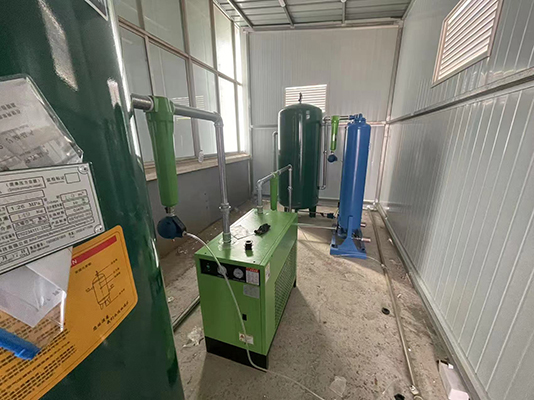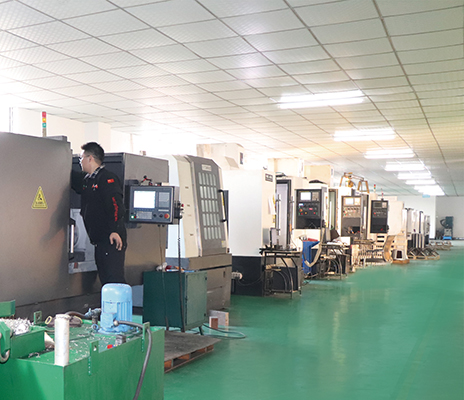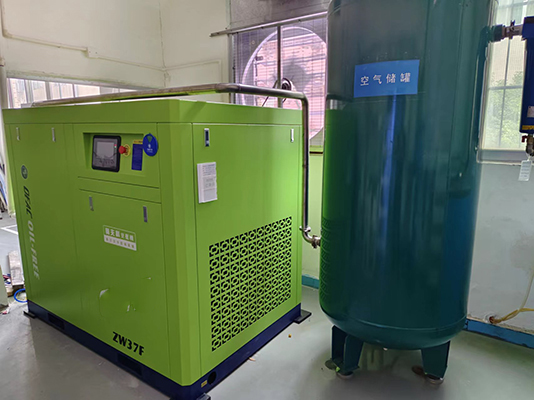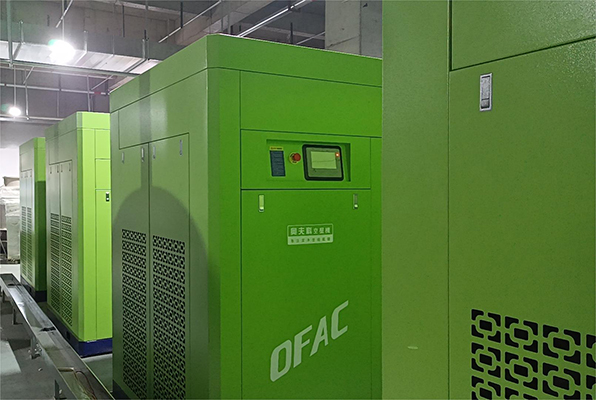A Detailed Examination of Air Compressor Operations, Maintenance Strategies, and Their Impact on Industrial Processes
News 2025-10-24
Air compressors are essential devices in many industrial settings, converting power into potential energy stored as pressurized air. They play a crucial role in powering tools, machinery, and systems across various sectors, enhancing efficiency and productivity. Understanding their mechanics helps optimize performance and reduce downtime. This article delves into the key aspects of air compressors, from their basic functions to practical applications and upkeep, providing valuable insights for professionals and enthusiasts alike.

Types of Air Compressors
Air compressors come in several designs, each suited to specific tasks and environments. Reciprocating compressors use pistons to compress air and are ideal for high-pressure applications. Rotary screw compressors, on the other hand, employ two helical screws to achieve continuous operation, making them efficient for large-scale industrial use. Another type is the centrifugal compressor, which uses a rotating impeller to increase air pressure, often found in high-volume settings. Selecting the right type depends on factors like required pressure, flow rate, and duty cycle, ensuring optimal performance and energy savings.
Common Applications in Industry
Air compressors find widespread use in manufacturing, where they power pneumatic tools and control systems. In automotive repair shops, they operate spray guns and impact wrenches, speeding up tasks like painting and assembly. The construction sector relies on them for driving nails, operating jackhammers, and inflating tires on site. Beyond these, air compressors support processes in food packaging, pharmaceuticals, and even healthcare for tasks like ventilation and sterilization. Their versatility stems from the clean, reliable energy they provide, reducing the need for electrical alternatives in hazardous areas.
Frequently Asked Questions
1. What is the basic principle behind an air compressor?
An air compressor works by drawing in air and compressing it using mechanical energy, storing it in a tank for later use in powering tools or systems.
2. How often should an air compressor be serviced?
Regular servicing, including oil changes and filter replacements, should occur every few months or after a set number of operating hours, depending on usage intensity.
3. What factors affect the efficiency of an air compressor?
Efficiency can be influenced by the compressor’s size, maintenance condition, operating environment, and the type of system it’s integrated with, such as piping and controls.


